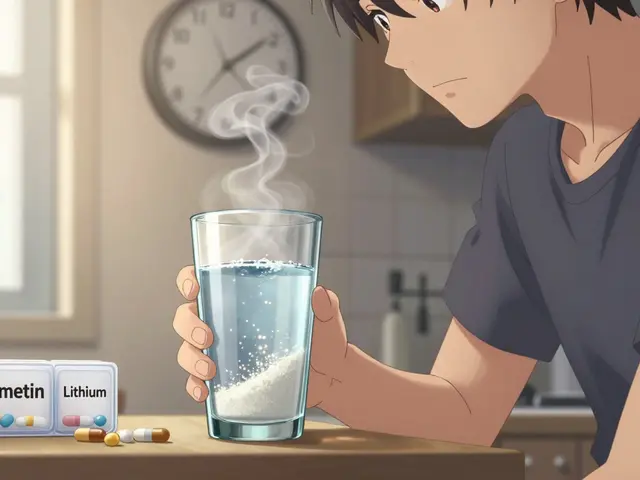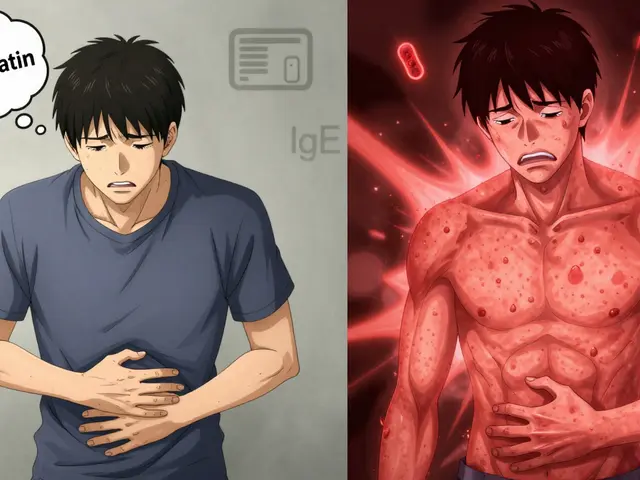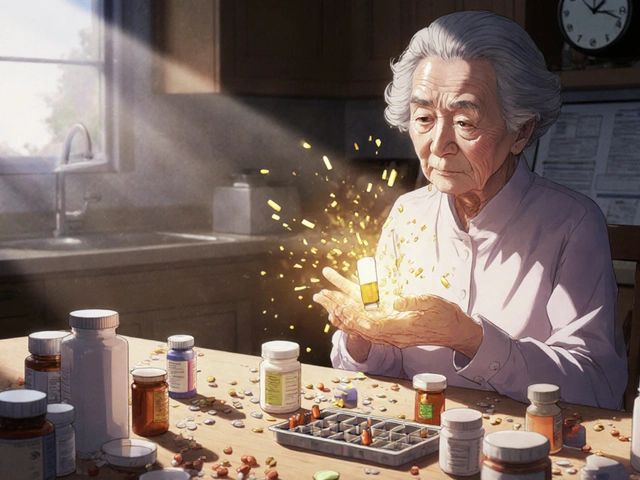Menopause: What Happens, How to Cope, and When to Seek Help
Going through menopause can feel like riding a roller coaster you didn’t sign up for. Hot flashes, night sweats, mood swings, and sleep problems are the usual suspects, but the experience varies a lot from person to person. Knowing what’s normal and what needs a doctor’s eye can make the ride smoother.
Common Symptoms and Why They Appear
Your ovaries stop making most estrogen and progesterone, and that hormonal dip triggers the classic signs. Hot flashes often start as a sudden wave of heat on the face or chest, sometimes followed by a chill. Night sweats are just hot flashes that hit while you’re in bed, messing with sleep. Mood swings can range from brief irritability to deeper feelings of sadness; the hormonal swing can also affect serotonin, the brain chemical that lifts mood.
Besides the hot flashes, many women notice changes in their periods, vaginal dryness, and a dip in libido. Some also feel their memory getting foggy or their joints aching more. While none of these are dangerous on their own, they can lower quality of life if left unchecked.
When to Talk to a Professional
If hot flashes hit more than a few times a day, or if night sweats are ruining your sleep, it’s time to call your doctor. Persistent mood changes, severe anxiety, or depression should also trigger a visit—they can be treated with therapy, medication, or lifestyle tweaks. Bone health becomes a bigger concern after menopause; ask about a bone density test if you have risk factors like a family history of osteoporosis.
Hormone Replacement Therapy (HRT) is the most effective way to restore estrogen, but it isn’t for everyone. Your doctor will weigh benefits like symptom relief and bone protection against risks such as blood clots or certain cancers. If HRT isn’t right for you, low‑dose vaginal estrogen, selective estrogen receptor modulators (SERMs), or antidepressants can help curb specific symptoms.
Even without prescription meds, a few practical changes can soften the blow. Dress in layers, keep your bedroom cool, and carry a portable fan for sudden heat waves. Stress‑reduction techniques—deep breathing, yoga, or short walks—can calm both mind and body, often cutting down on night sweats.
Nutrition matters too. Foods rich in calcium (milk, leafy greens, fortified tofu) and vitamin D (fatty fish, sunlight) support bone health. Staying hydrated helps regulate temperature, and limiting caffeine, alcohol, and spicy foods can reduce hot flashes for many people.
Exercise is a win‑win. Regular walking, swimming, or strength training improves mood, preserves muscle mass, and strengthens bones. Even a 20‑minute brisk walk most days can make a noticeable difference in energy levels.
Finally, connect with others. Online forums, local support groups, or talking openly with friends can lift the emotional weight of menopause. Sharing what works—whether it’s a cooling pillow or a favorite herbal tea—gives you ideas you might not find on your own.
Menopause is a natural life stage, not a disease, but it deserves attention. By tracking symptoms, seeking medical advice when needed, and making simple lifestyle tweaks, you can get through this phase feeling stronger and more in control.






